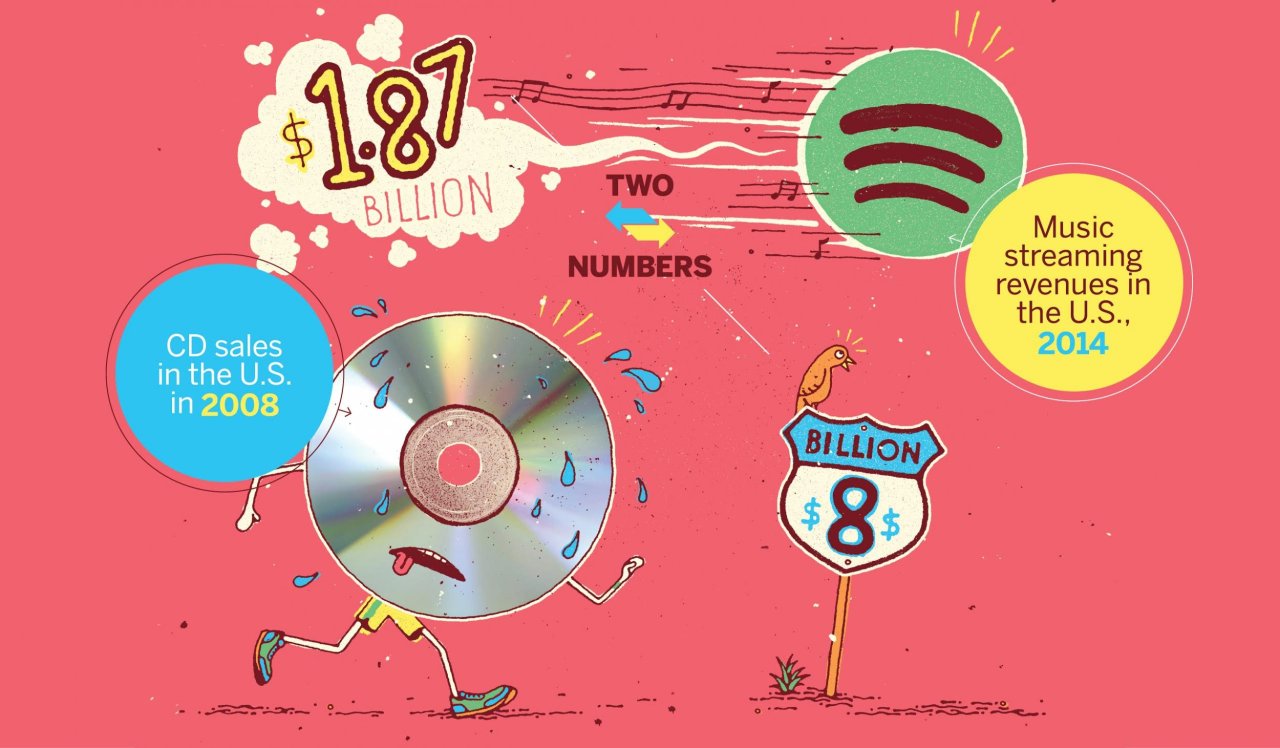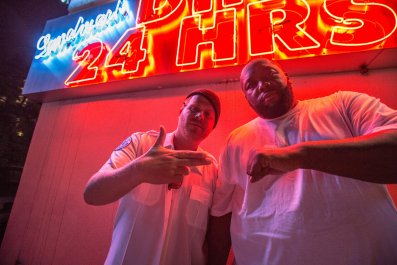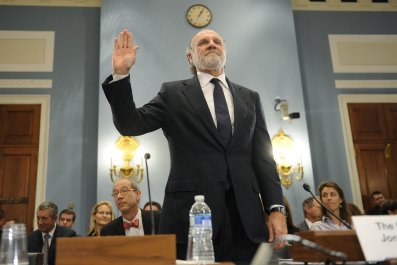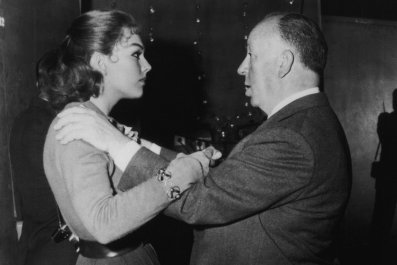Not so long ago, part of the ritual of the great American road trip was spending hours burning a CD—or even recording a mixtape—to produce that perfect combination of open-window anthems. These days, not so much. Digital playlists and Internet radio services have taken over.
Last year, for the first time, streaming music revenues in the U.S. surpassed CD sales—$1.87 billion versus $1.85 billion, according to the Recording Industry Association of America. That's quite a shift from 2008, when Spotify debuted and CD sales were $8 billion, although CD sales were already in decline then, down from about $13 billion in 2000.
Streaming now accounts for 27 percent of U.S. music industry revenues, up from 21 percent in 2013. Total music industry revenues clocked in at just under $7 billion, down 0.5 percent from 2013. While digital downloads still lead the pack with 37 percent of revenue, that's a shrinking business too: Digital downloads dropped 8.7 percent last year, from $2.82 billion in 2013 to $2.58 billion in 2014. If current trends persist, streaming is well on its way to leading music industry revenues altogether—a mere six years after Spotify, the major online subscription service, launched in beta mode.
Paid subscription streaming services, such as Spotify Premium, saw a 26 percent jump in membership in 2014, rising from 6.2 million to 7.7 million subscribers. Membership has nearly quadrupled over a four-year period too, swelling from 1.8 million subscribers in 2011. The jump is driven by both simplicity and price. A Spotify Premium account will cost you 10 bucks a month, less than a single CD.
But what is it costing artists? Spotify has received flak for awarding artists paltry sums in royalty payouts, but the company insisted in a statement that it pays "nearly 70 percent of our revenue back to the music community." Some artists who have the power to dictate their own terms, such as Taylor Swift, have pulled their music from Spotify in protest at low royalty payments. SoundExchange, a nonprofit organization that distributes royalties from Internet radio such as Pandora (but not Spotify, which licenses content directly), paid artists $773 million in 2014, which amounts to 41 percent of streaming revenues.
Doomsayers have warned that streaming will kill the music industry, but other people in the business are getting on board. Jay-Z this week debuted his pricey, artist-driven streaming service Tidal, and Apple recently announced it would be launching its as-yet-unnamed streaming service.
There is another bright spot in the 2014 data: Sales of vinyl records shot up 49 percent to $315 million. It's a pity you can't take vinyl on a road trip.




























